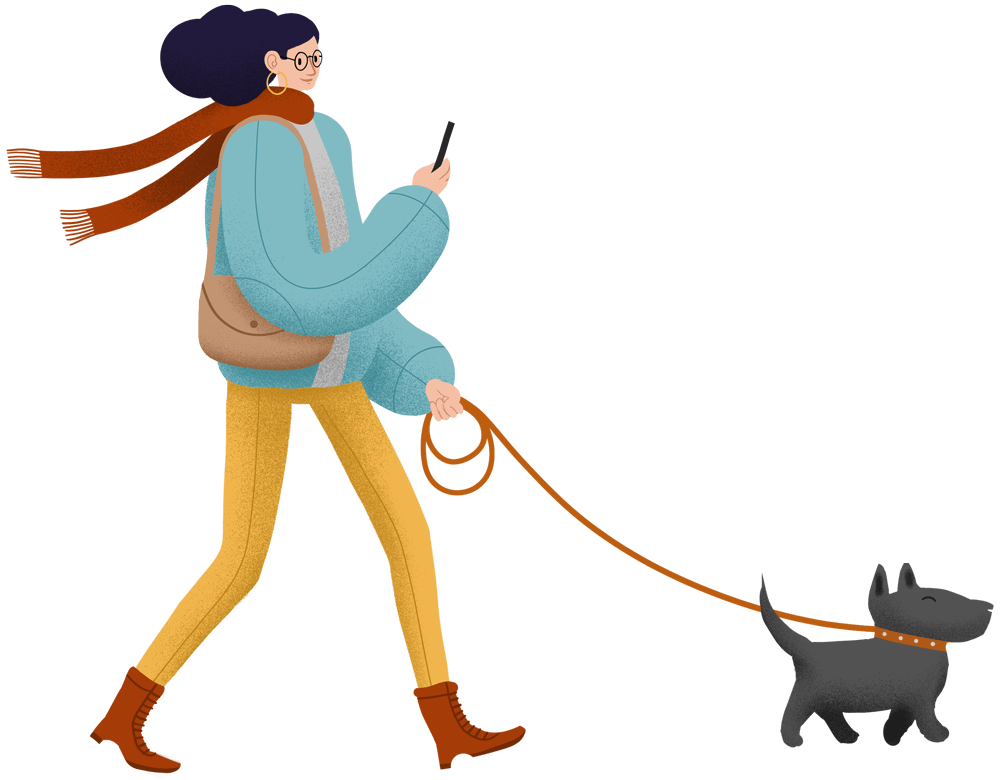How long do flu and other vaccinations last?
Find out all you need to know about flu immunisation and vaccinations.

How long do vaccinations last?
This depends on what you’re being vaccinated against.
- The flu vaccine protects you for the year, but as flu mutates annually, you’ll need an annual vaccine that has been modified to protect you against the latest strain.
- The BCG vaccine against tuberculosis lasts for life without ever requiring a booster.
- Diphtheria, tetanus, and polio vaccinations last 10 years.
- Hepatitis A vaccine lasts one year, if the booster is given six months to one year after the first shot, protection will last 10 years.
- Hepatitis B lasts five years if given over six months.
- Meningitis A and C vaccines last between three and five years.
- Rabies vaccine lasts between two and five years.
- Typhoid vaccine lasts three years.
- Yellow fever vaccine lasts 10 years.
Frequently asked questions
How long do flu jab side effects last?
Most side effects from flu immunisation are mild, including headaches as well as other aches and pains, dizziness, and a fever. The most common side effect of the flu vaccination is a reaction at the area the needle penetrated the skin, giving feelings of soreness, redness, warmth, and sometimes minor swelling. These usually last less than two days.
If you experience serious side effects including a high fever and severe allergic reaction, you should seek medical attention.
Is it common to get sick after the flu shot?
Some people report mild reactions after receiving flu immunisation which tend to subside after one or two days.
Should I give my child the flu vaccine?
In most cases, yes you should, as flu can be very unpleasant for children with potentially serious implications including pneumonia and bronchitis. A child’s flu vaccine is administered as a yearly nasal spray. Children aged between two and three, all primary school children, and children aged two to 17 are eligible for free vaccinations from the NHS.
Can vaccination be given during a cold?
Unless if you’re ill with a fever, you don’t need to delay your flu immunisation until your cold has passed.
Does the flu shot weaken your immune system?
No. Getting a flu vaccine prepares your immune system against flu by teaching it to recognise the virus as a threat and preparing antibodies which will help when your body comes into contact with it.








